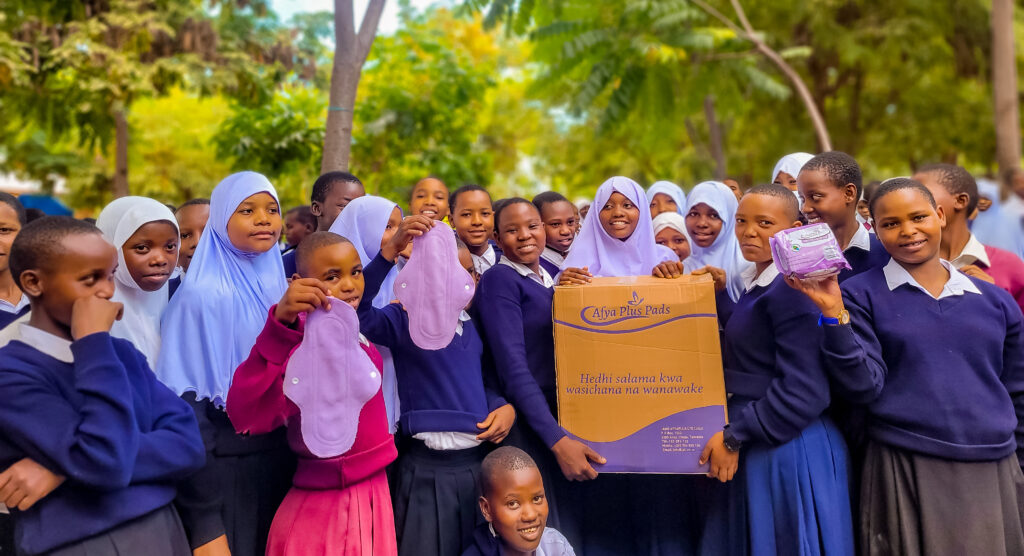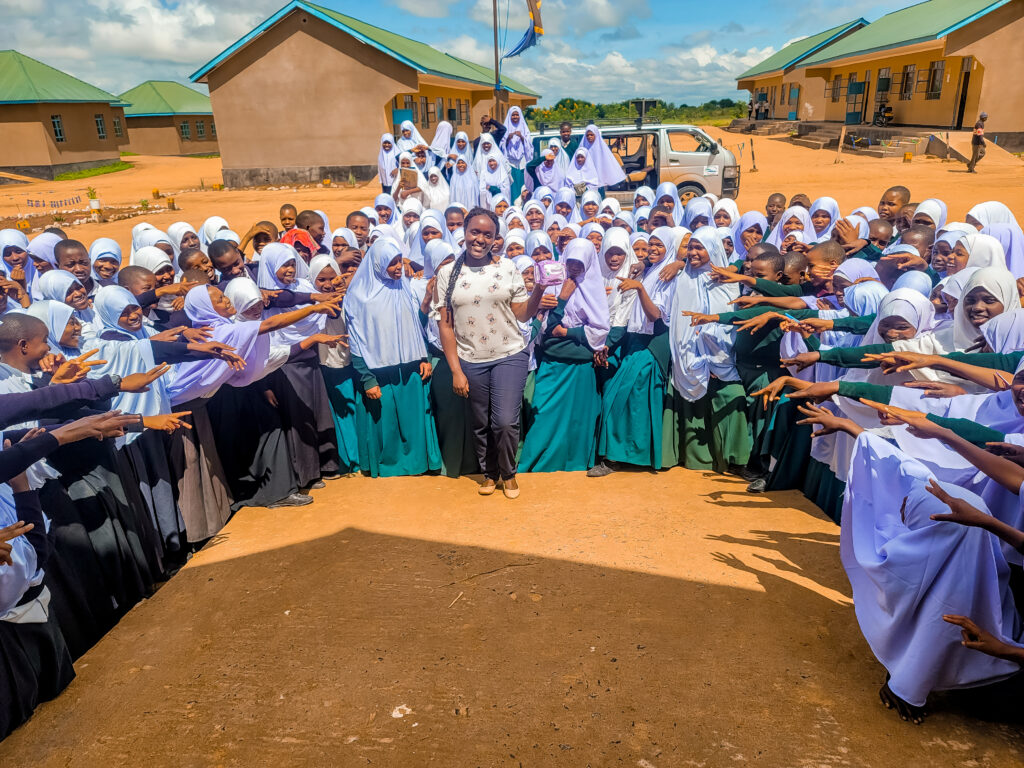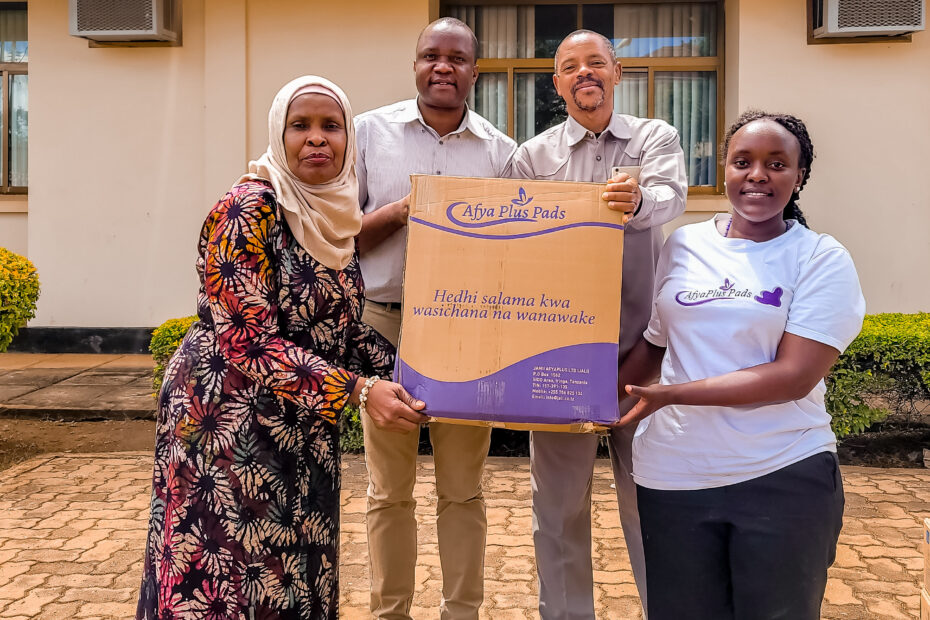In March 2024, Jamii Afyaplus Limited, in partnership with Oikos East Africa, the World Bank, and EMAC Tanzania, supported the availability of reusable sanitary pads and menstrual health education in 20 government schools in the Manyara region, reaching both primary and secondary students. We distributed 2,500 packets of Afyaplus Antimicrobial reusable sanitary pads, aiming to ensure affordable access to sanitary products for schoolgirls, thereby fostering their continuous attendance and well-being throughout their academic journeys. Our goal was not only to address menstrual hygiene needs but also to boost education and overall health among young girls, reducing the number of school days lost due to menstruation-related reasons. Each pad distributed met an immediate need, contributed to sustainability, and provided economic relief for families.
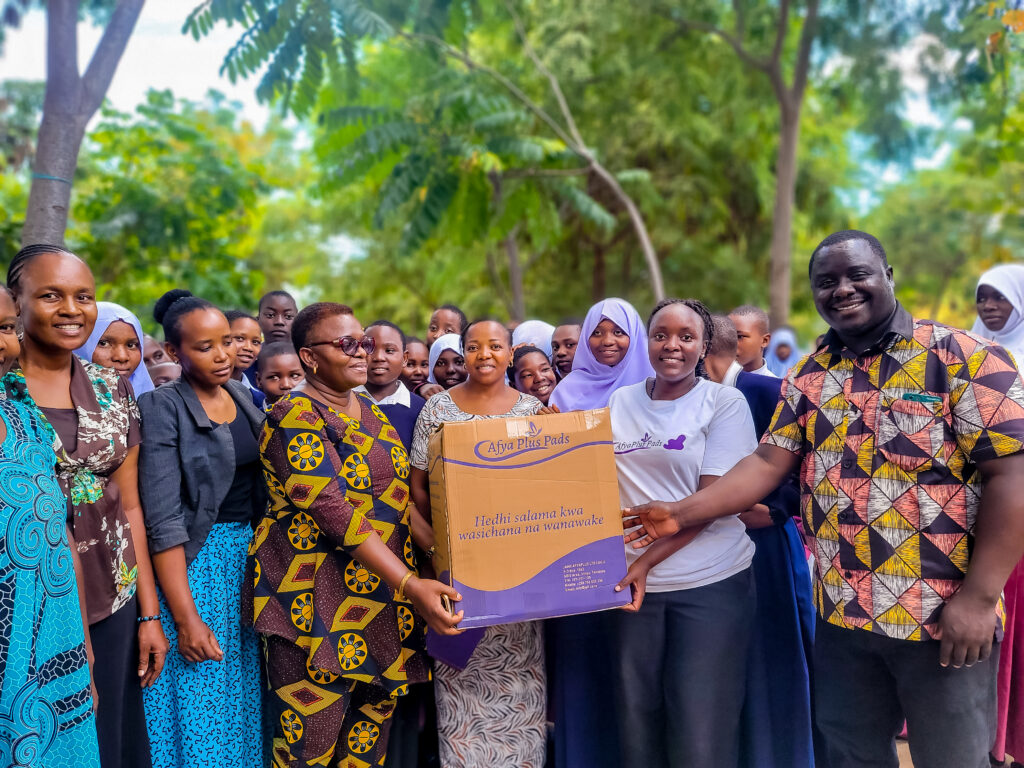
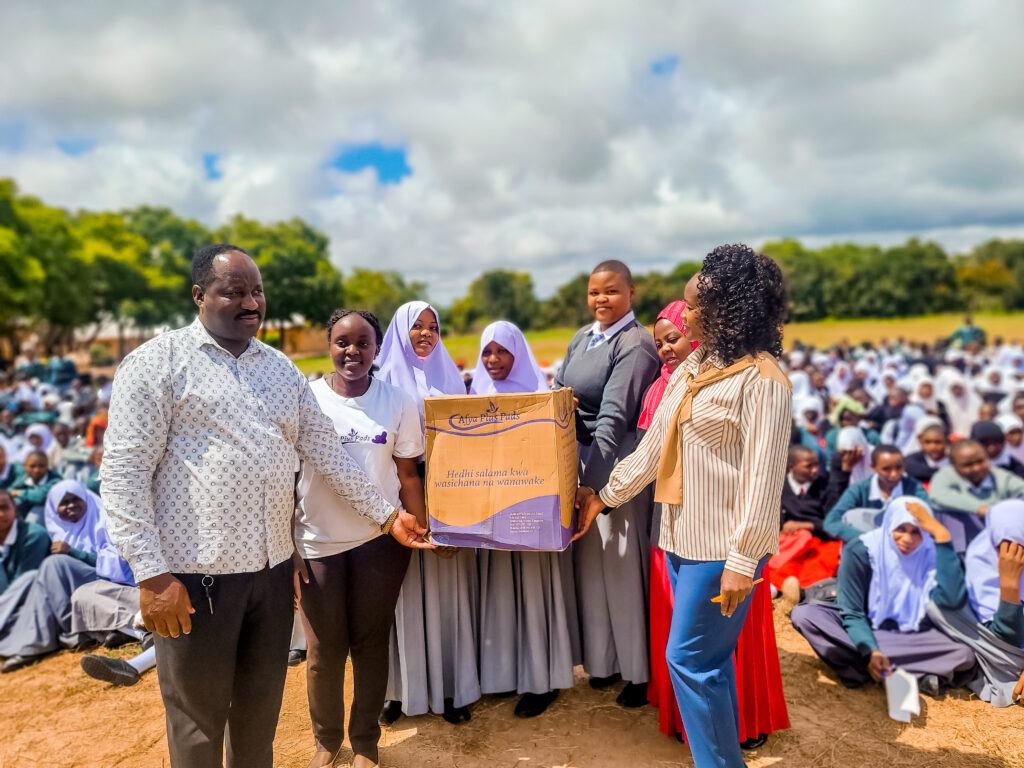
By advocating for eco-friendly alternatives and challenging the stigma surrounding menstruation, we sought to create a more inclusive and supportive environment. It was our privilege to meet with Manyara regional offices and government officials, including Ms. Maryam Ahmed Muhaji, Administrative Secretary of Manyara Region, and officials from the Office of the Governor of Manyara Region. The leaders expressed strong support for the project and emphasized the importance of girls’ empowerment initiatives aligned with government directives, believing this project will bring positive changes by boosting attendance and well-being in schools.
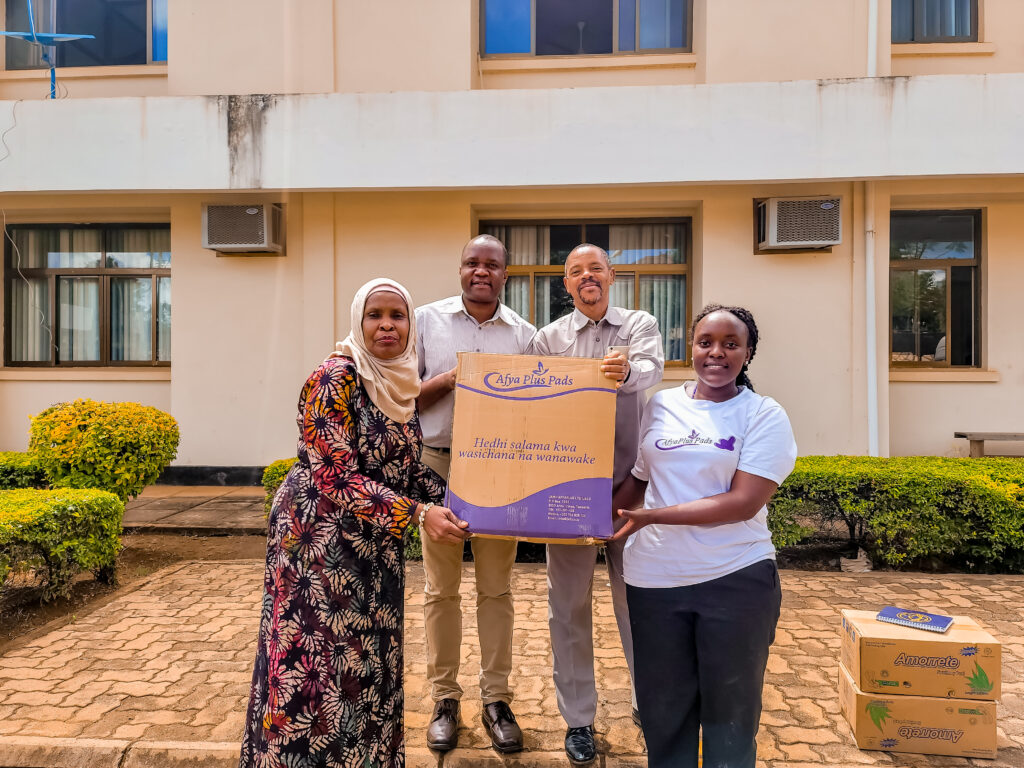
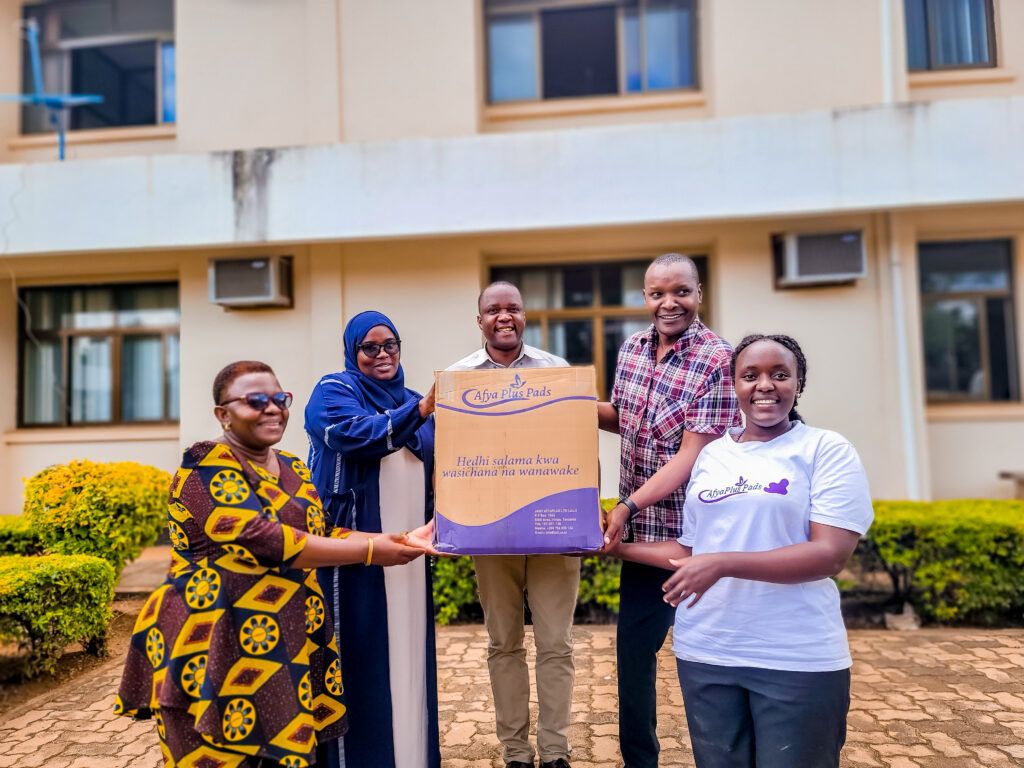
Throughout the project’s duration, we distributed Afyaplus pads and conducted awareness sessions on menstrual health hygiene, providing demonstrations on the proper usage of our reusable sanitary pads for students. We reached two districts: Kiteto District, where we reached 10 schools (8 secondary and 2 primary schools), and Babati District, where we reached 10 schools (7 secondary and 3 primary schools). By undertaking this initiative, we aim to align with Sustainable Development Goal (SDG) 3, which targets improving good health and well-being, as well as SDG 4, which aims to enhance access to quality education. Our project ensures that girls can stay in school and overcome menstrual challenges that often hinder their ability to remain in educational settings.
